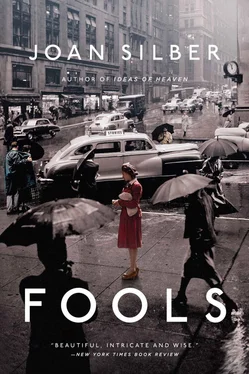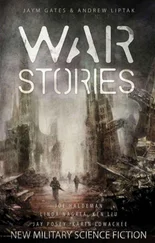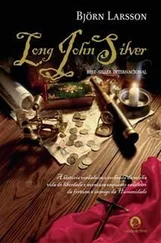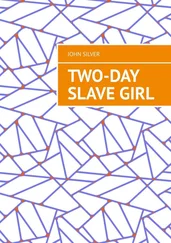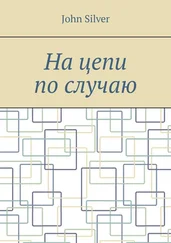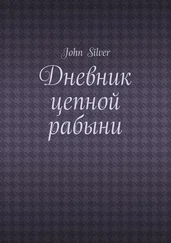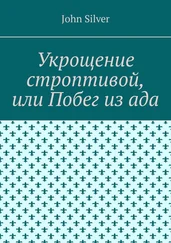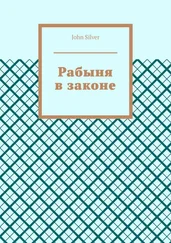And for all his burning thought, Marcus was in collusion. He gave coins now and then, but mostly not. He’d become someone who was afraid of poor people. Him! It shocked him each time someone took hold of his arm or followed him for blocks. A perfectly nice Australian woman he often spoke to at breakfast said, “You can’t save everyone.” Marcus thought that was so not the point.
On a particularly hot day, Marcus took himself to a Gandhi museum (his book said there was one in almost every city), and it was the first consoling thing he’d done. The museum was just somebody’s house where Gandhi had stayed on visits to Bombay, crammed now with exhibits, plus a plaque where he used to pitch a tent on the terrace. Marcus listened to Gandhi’s voice in Hindi, telling people to purify themselves while he fasted for Hindu-Muslim unity, a recording made two weeks before he was shot. When I leave this museum , Marcus thought, I’ll give most of the rupees in my wallet to the first beggar I meet.
Another tourist, looking at a copy of Gandhi’s passport, said, “They’ve forgotten him, even if he’s a hero. Nobody wants to do what he did.”
“I know,” Marcus said. “How did that happen?” The man was American, about Marcus’s age. Not bad-looking, with a very short haircut and sly, half-squinting eyes.
“He was a fluke,” the man said. “One of a kind.”
“History doesn’t have flukes,” Marcus said. Not that he believed that — maybe history had nothing but flukes — but he seemed to want to keep talking to the guy. “And he wasn’t alone, it wasn’t just him.”
“He started it,” the man said. “The British just thought he was a crazy fool.”
They moved past oddly pretty dioramas in black frames, with finely molded mini-figures depicting the life of Gandhi, from the child stealing a piece of gold and repenting to his father, to the body in a sandalwood pyre (Lead me from the Unreal to the Real), in twenty-eight tableaux, and when the guy looked ready to leave, Marcus said, “Want to join me for coffee? Or something cold?”
So no lucky pauper of Mumbai was blessed with the contents of Marcus’s wallet as he left the museum. He could not have said where he passed the first beggar or whether none went by at all, since he was caught up in conversation and gave no attention to anything else. His new friend was a doctor, it turned out, from D.C. but moving soon to New York, which was certainly a very good piece of news. The man was an oncologist, which Marcus thought could not be a happy profession, and yet he seemed far less depressed than anyone Marcus knew, and they had the happiest, most sociable of afternoons. They drank exquisitely cold Kingfisher beers and sat for a long time in an air-conditioned café talking about how good it was to be away from work, although they loved their work. “I could’ve picked something easier, but I didn’t,” the man said. He was going back home the next morning.
And was there anything wrong with Marcus insisting on taking him out for a glorious, expensive dinner? Nothing wrong at all, except that Marcus was not even remotely a man who liked to go on such outings — but he had seen, by then, the need to be (for this person) someone with a bolder style and a sexy streak of extravagance, someone who did not take every thing seriously. Who wants to sleep with a hangdog?
And the evening had gone very well. After the Cochin oysters with cucumber and lime granita, and the pork chop pistou with Kashmiri apple curry, and the coconut sago crepes, in a restaurant with a reflecting pool with marigolds floating in it, Marcus had gone back to the man’s hotel room and they had had a night of tremendous mutual understanding. How subtle, how intelligent the man’s senses were. Just after dawn Marcus rose from bed with him and said, before he took himself out the door, “This was very lucky for me.”
And Nico, for it was Nico, said, “Don’t think we can’t continue on another continent.”
Five days later, when Marcus himself was at the airport, he remembered that he hadn’t ever gotten around to giving the next destitute street person he met most of the cash in his wallet. He had only a clump of leftover rupees he was about to try to change — maybe thirteen dollars in American money — and he left these in the tip saucer of the men’s room attendant at the airport. Much more than the man would expect to get from anybody, and Marcus felt quite good about it, at first.
In his law firm Marcus had the reputation of being testy and driven but good at what he did. When he came back from India, a secretary said, “I hope you had time to chill,” and Marcus decided it was time to stop being a pain to everyone, and (he’d thought about it before) he got himself into this semi-Catholic the-Desert-Fathers-started-it Christian meditation, which it turned out he liked. Nico, whom he was seeing long-distance at the time, thought it was a little weird (it wasn’t regular prayer? what was it? no drugs involved? why not?) but Marcus didn’t mind being teased. Not by Nico, not then.
Marcus could remember those long train rides to Washington on Friday nights, when Nico lived there. The darkened railroad car was full of people sleeping, and Marcus had loved the stillness, the mystery of the train moving through the night, and his own anticipation, his sleepless joy.
Six months later, when they were moving together into a very nice house in Brooklyn, Nico was driven crazy — stark raving out of his mind with vexation — from lying contractors, bad wiring, plumbers who never showed up. Marcus said, “It’ll get done, houses always get done.”
Nico said, “It’s the meditation, isn’t it? It’s done you good. Listen to you.”
“What?” Marcus said. “Oh, no, it isn’t that. It’s India.” What he meant was that his instinct to complain had been damaged by the trip, his perspective altered by the memory of encampments at night in the streets, kids curled up together on the pavement. Comparatively speaking, he and Nico had no fucking problems.
Did that mean he was calmer? Maybe. Nico said there were people, after trips like that, who clung even harder to what they had, for fear of losing it and becoming God-knew-what. Why wasn’t Marcus afraid?
“The house isn’t everything,” Marcus said.
“Don’t annoy me,” Nico said.
When he and Nico were first together they’d had an argument about religion. Not a serious argument. Marcus believed in Something Divine (he’d been raised Catholic) and Nico thought it was all horseshit. Marcus also said Jesus was a Communist, which Nico was willing to go with. Those were the more crucial sympathies, their views on justice and profits. They couldn’t have stayed together for more than an hour otherwise.
Around Zuccotti Park, when Marcus had marched one night with the Occupy Wall Streeters, there was a kid dressed as Jesus (robe, beard, halo) with the sign YOU HAVE NOTHING TO LOSE BUT YOUR CHAINS. Marcus himself carried a poster that said IF A LAWYER MARCHES, YOU KNOW IT’S SERIOUS. Marcus thought now that the anarchists in Village Days and Nights would’ve been very cheered to see all of it.
Someone had taken a nice photo of Marcus walking with his sign. He looked skinny but determined, chin up, sunglasses on. Did he look handsome? Did Nico still have his copy?
On Sunday morning, in Casey and Carol’s kitchen, they all sat around reading newspapers on their laptops and iPads and they didn’t speak much. They had known one another a very long time. Casey and Marcus had stayed friends all through college, and when Carol came on the scene, a few years later, Marcus had been really very pleased with Casey’s choice. Nico had found them a dowdy but endearing couple. (Could’ve been worse.)
Читать дальше
